Table of Contents:
From Fringe to Financial Infrastructure: How Blockchain Became Bankable
According to PYMNTS.com, blockchain technology has transitioned from a niche innovation to a critical component of financial infrastructure. Traditional financial institutions now handle hundreds of billions of dollars in blockchain transactions, showcasing the maturity of the cryptocurrency space. Jonathan Levin, co-founder and CEO of Chainalysis, highlighted the growing adoption of stablecoins as a pivotal shift in blockchain usage. He noted that financial instruments, including the U.S. dollar, are now being stored and transacted on blockchains.
Despite this progress, challenges remain, particularly in the absence of a federal framework for stablecoins. Levin emphasized that such a framework is essential for financial services and enterprises to scale adoption confidently. Additionally, blockchain monitoring tools have significantly reduced the percentage of cryptocurrency transactions linked to illicit activities, now consistently below 1% of total activity.
“Banks are in the state where they are thinking about blockchains as public infrastructure that they need to rely on,” said Levin.
Key Takeaways:
- Blockchain transactions in traditional financial institutions now total hundreds of billions of dollars.
- Stablecoins are driving mainstream adoption, but regulatory clarity is needed.
- Illicit cryptocurrency transactions have dropped to below 1% of total activity.
Nvidia Integrates Hedera Hashgraph for AI Advancements
The Crypto Times reports that Nvidia has integrated Hedera Hashgraph (HBAR) into its AI systems, marking a significant step in combining blockchain and artificial intelligence. Anthony Rong, Nvidia’s Regional Vice President of Engineering, stated that this integration aims to enhance real-time data verification and trust in AI-generated results. This is particularly crucial for industries like healthcare, finance, and supply chains, which rely on accurate and secure data.
Hedera’s energy-efficient and fast public ledger aligns with Nvidia’s goals of creating high-performance and environmentally friendly technology. The partnership also addresses growing concerns about AI ethics and data transparency, setting a precedent for future collaborations between blockchain and AI technologies.
Key Takeaways:
- Nvidia’s integration of Hedera Hashgraph enhances data verification in AI workflows.
- Industries such as healthcare and finance stand to benefit from this collaboration.
- The partnership highlights the convergence of blockchain and AI for a sustainable digital future.
WeBank Launches POTOS Blockchain Infrastructure
As reported by Ledger Insights, WeBank has introduced POTOS (Portal of the Orient Symposium for Web3), a blockchain infrastructure aimed at tokenizing real-world assets (RWA) within Hong Kong’s Web3 ecosystem. Built on the FISCO BCOS platform, POTOS offers a high-performance blockchain capable of processing up to 200,000 transactions per second (TPS). The system also includes cross-chain protocols and advanced security technologies like zero-knowledge proofs.
Henry Ma, EVP and CIO of WeBank, stated that this initiative seeks to position Hong Kong as a hub for compliant and innovative Web3 practices. Since its inception, the FISCO BCOS platform has been implemented in over 500 digital transformation projects, demonstrating its scalability and reliability.
Key Takeaways:
- POTOS aims to tokenize real-world assets and enhance Hong Kong’s Web3 ecosystem.
- The platform supports up to 200,000 TPS and includes advanced security features.
- WeBank’s blockchain strategy aligns with broader trends in digital transformation.
South Korea’s Pension Service Explores Blockchain
CoinDesk reports that South Korea’s National Pension Service (NPS), managing $836 billion in assets, is exploring blockchain technology to enhance transparency and security in fund transactions. The NPS plans to conduct a preliminary disclosure process, inviting blockchain experts to assess the feasibility of integrating blockchain into its accounting system.
The initiative aims to prevent tampering in fund records and improve retirement security for millions of people. While the NPS has previously used blockchain for tracking overseas pension recipients, this marks a significant step toward broader adoption of the technology.
Key Takeaways:
- The NPS manages $836 billion in assets and seeks to enhance transparency with blockchain.
- A preliminary disclosure process will gather expert input on the initiative.
- Blockchain integration could improve fund record security and management.
Apirone Launches Integrated Blockchain Explorer
Morningstar highlights Apirone’s launch of a new blockchain explorer, fully integrated with its crypto processing system. The tool focuses exclusively on Bitcoin, allowing users to monitor transactions in real-time. Key features include support for Taproot addresses, sound notifications for transaction confirmations, and a minimalistic design for ease of use.
The explorer is based on mempool.space, ensuring accurate and verified data. By integrating this feature, Apirone aims to enhance user experience and provide reliable tools for the Bitcoin community.
Key Takeaways:
- Apirone’s blockchain explorer focuses solely on Bitcoin transactions.
- Features include real-time updates, Taproot support, and sound notifications.
- The tool enhances transparency and simplifies transaction monitoring.
Paris Blockchain Week Hackathon 2025 Winners Announced
Crypto Briefing reports on the winners of the Paris Blockchain Week Hackathon 2025. The event featured a hybrid format, combining online challenges with an in-person finale in Paris. Winning teams included LooserBracket, Synto, and Hackatistes Of Dimanche, who impressed judges with their technical execution and originality.
The hackathon awarded €25,000 in cash prizes and provided winners with opportunities to showcase their projects at Paris Blockchain Week. The event underscores the growing talent and innovation within the global blockchain community.
Key Takeaways:
- Winning teams showcased innovative Web3 solutions during the hackathon.
- Participants competed for €25,000 in prizes and global recognition.
- The event highlights the creativity and collaboration driving blockchain innovation.
Sources:
- From Fringe to Financial Infrastructure: How Blockchain Became Bankable
- Nvidia Gets Blockchain Boost For AI with HBAR Integration
- WeBank targets RWA tokenization with launch of POTOS blockchain infra
- South Korea’s National Pension Service Eyes Blockchain for $890B Fund's Transactions
- Apirone's New Feature: Integrated Blockchain Explorer
- Paris Blockchain Week Hackathon 2025 winners announced















